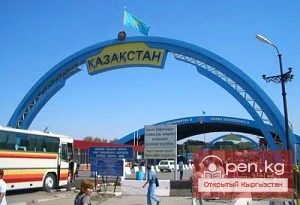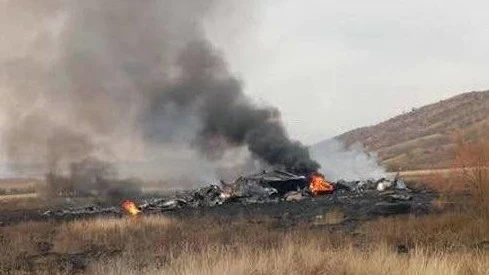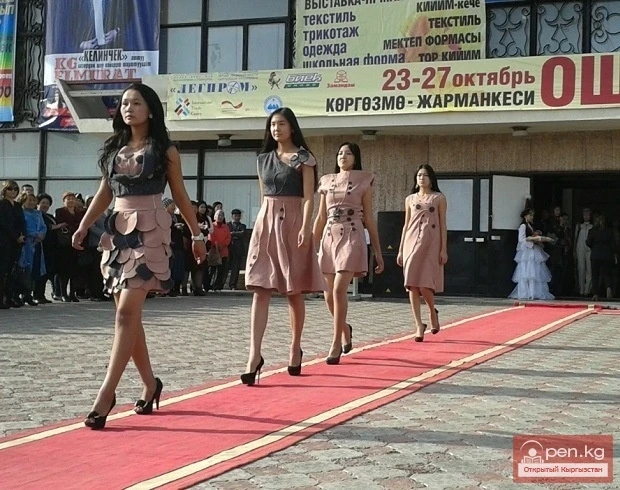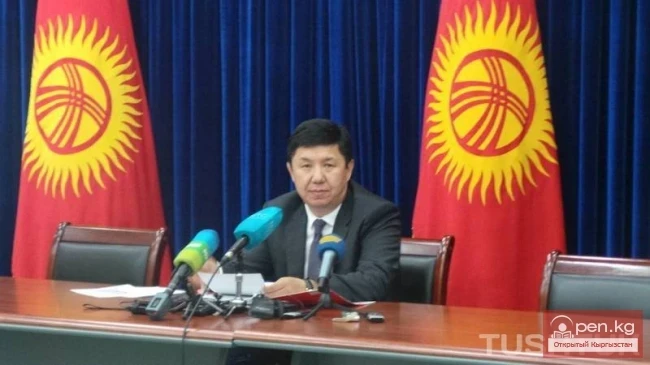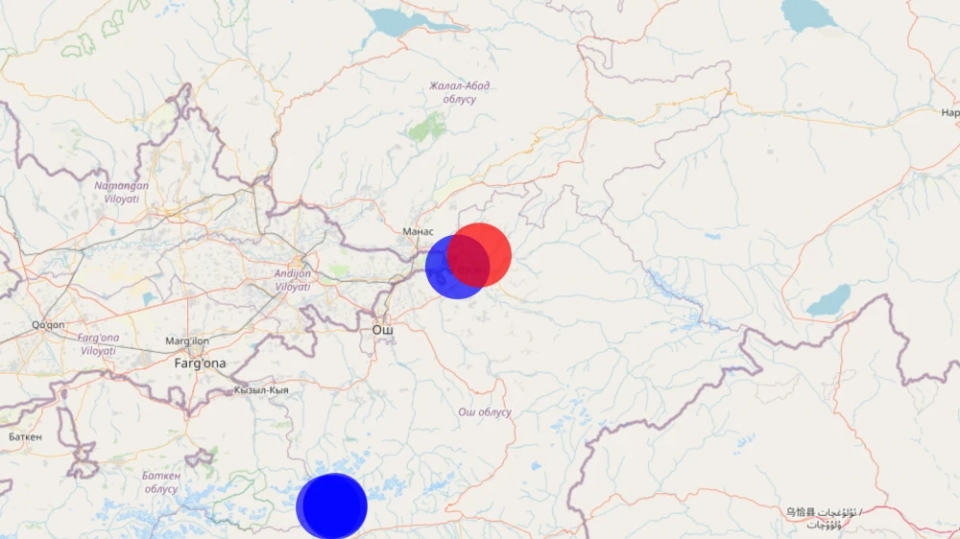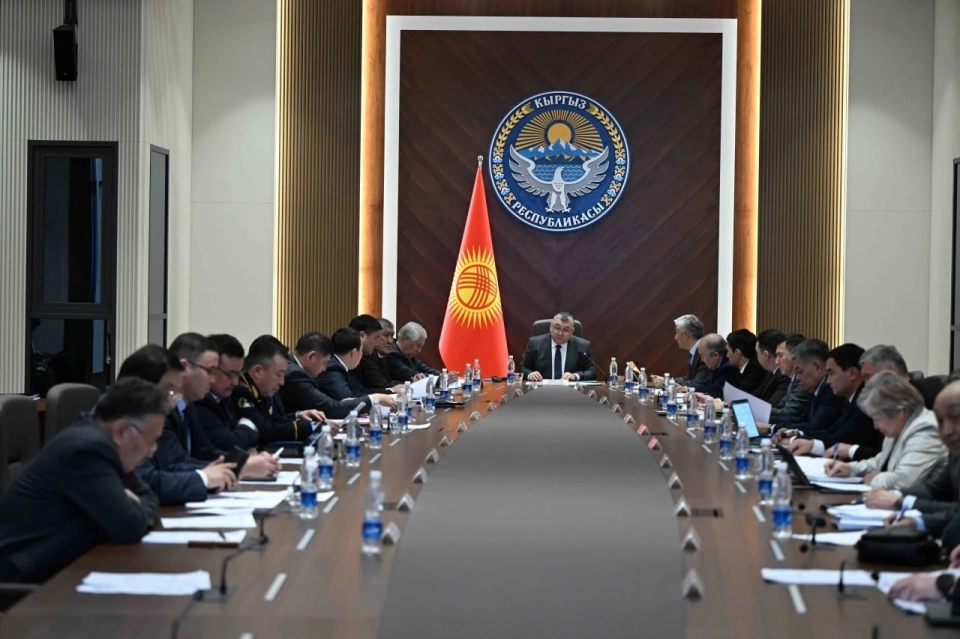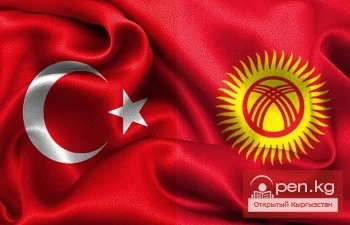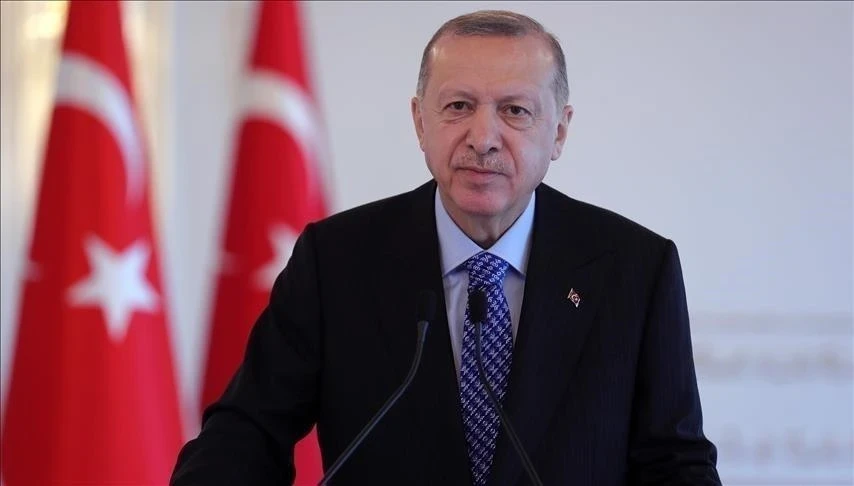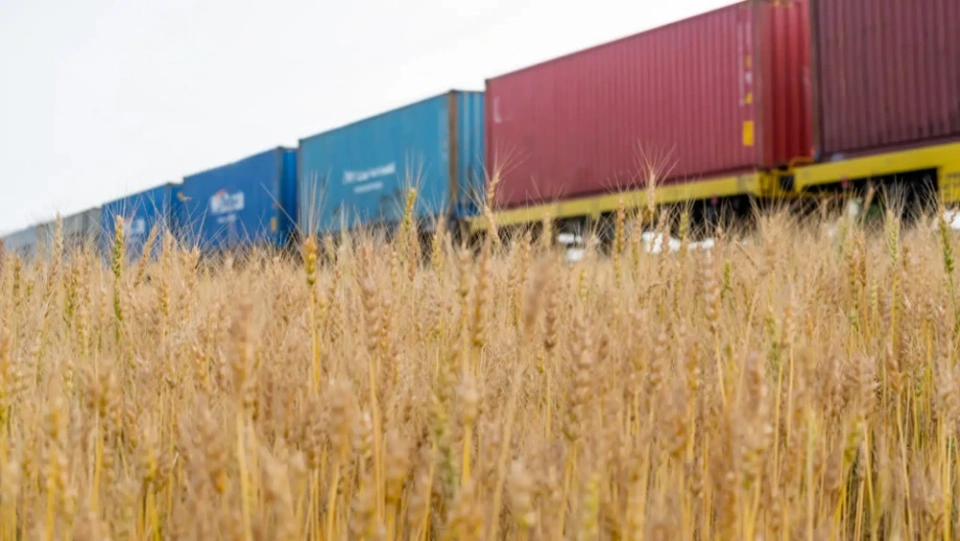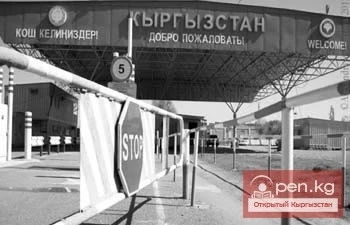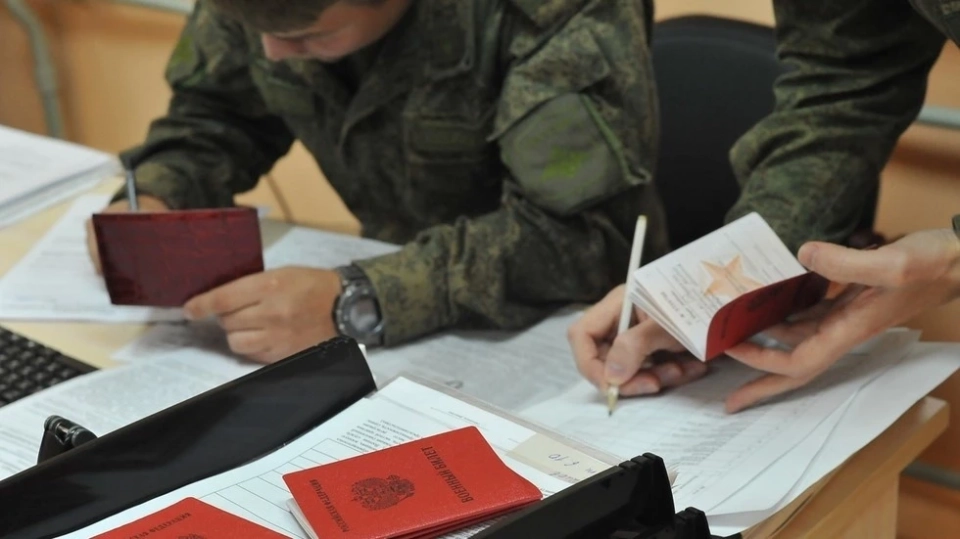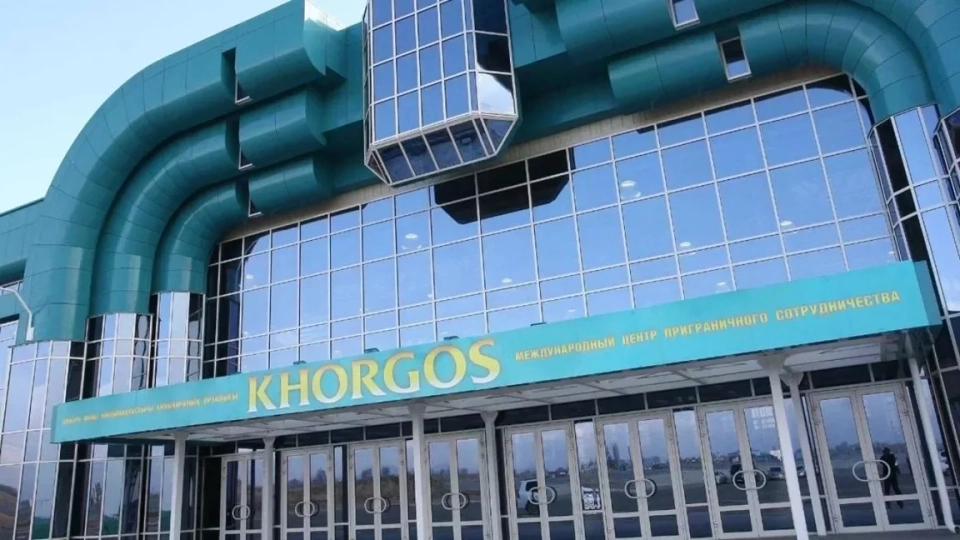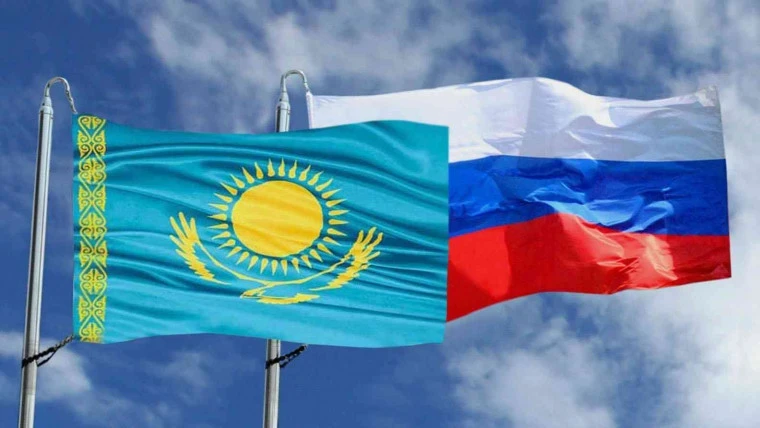As reported by 24.kg, Zarlyk Imankulov, a member of the board of the "Legprom" association, stated that since September of this year, there have been significant delays in cargo at the Kazakhstan-Russia border. This creates difficulties for Russian customers who are unable to receive their goods, while Kyrgyz producers cannot get paid for already shipped batches.
Reasons for the Situation
According to Imankulov, the main problem concerns clothing manufacturers collaborating with the Wildberries platform. In 2023, about 15,000 individual entrepreneurs from Kyrgyzstan sold their goods through this trading platform.
“The shipped goods are directed to Wildberries warehouses in Russia. We pay VAT in Kyrgyzstan, while the importer pays it in Russia. However, now mobile groups are checking cargo trucks at the border and demanding confirmation of VAT payment. As a result, trucks are not allowed through, and delays occur,” explained the association representative.
At the border, there was a queue of 12,000 trucks, but now their number has decreased to one thousand.
Imankulov added that previously, checks were conducted after the goods arrived at the warehouse, but now all inspections are carried out at the border, where carriers do not have all the necessary documents.
According to the expert, a legislative situation has arisen in which individual entrepreneurs are required to pay VAT in Russia but do not have the opportunity to do so.
Azamat Kerimbek uulu, who works in the sewing industry, shared that his cargo worth 16 million soms was stuck at the border for two months.
“According to the decree of the President of Russia, goods imported into the territory of the Russian Federation must be registered to a Russian legal entity. Previously, our entrepreneurs could simply import goods through cargo, but now a contract with a Russian recipient is required, who must also pay 20% import VAT. However, many of us are registered as Kyrgyz legal entities. We want to fulfill our obligations, but we do not have the means,” he noted.
Strategic Importance of the Market
Zarlyk Imankulov asserts that these are not the only difficulties faced by Kyrgyz seamstresses working in the Russian market.
Goods from Kyrgyzstan that are marked in the "Honest Sign" system are considered "suspicious" until they enter the Russian market. After the tightening of controls, the Russian side requires that goods be introduced into circulation at the border, complicating the situation since the cargo is still in Kazakhstan.
Moreover, due to sanctions, many importers cannot transfer money to Kyrgyz enterprises, creating additional problems. This affects 70% of banks.
“When the EAEU was created, it was assumed that the principles of free movement of goods, capital, services, and labor would apply. Currently, these principles are being violated, especially in the sewing industry. Active work by the Eurasian Economic Commission is needed to eliminate barriers and stagnation. If nothing changes, it may be worth abandoning the EAEU and paying customs duties, which would be simpler and cheaper,” added Imankulov.
He also mentioned that many small enterprises are closing down as their goods continue to be delayed at the border, and new orders cannot be fulfilled. This leads not only to losses for entrepreneurs but also to job losses for seamstresses, negatively impacting the country's economy.
Azamat Kerimbek uulu reported that his enterprise has reduced production. If they used to sew 20,000 units of clothing per month, now they only produce 10,000.
“Many of us have loans, face cash flow gaps, and cannot pay bills on time. This leads to layoffs, including foreign workers, creating additional difficulties. Obligations to suppliers remain, and the situation is becoming increasingly dire,” he added.
In Russia, businessmen working with Kyrgyz seamstresses are also incurring losses as they fail to receive seasonal products on time. As a result, they are starting to consider other markets, such as China, where it has become easier to operate.
Unfortunately, Kyrgyz seamstresses cannot find an alternative.
Read on the topic
Kyrgyzstan and Kazakhstan have become leaders in the EAEU in cargo transportation growth
“We are in an unfavorable logistical position, and access to European or American markets is currently impossible. Although our producers send goods to Kazakhstan, Uzbekistan, and even Europe, the volumes are small. Russia is a strategically important market for Kyrgyzstan's light industry. We cannot lose it, as the light industry ranks second in export volume, and losing this sector would lead to serious economic consequences,” concluded Zarlyk Imankulov.
Options for Solving the Problem
Azamat Kerimbek uulu noted that representatives of Kyrgyzstan's sewing industry discussed various ways to solve the emerging problems at a meeting with the Minister of Economy and Commerce.
“I saw that the Minister of Economy is genuinely striving to solve the problem. The authorities have started to listen to business, which is encouraging. It is necessary to consider different options that will be beneficial for both us and the Russian side,” he noted.
Asel Atabekova, a member of the board of the Chamber of Commerce and Industry, confirmed that Kyrgyz clothing producers are facing unprecedented delays at the borders due to tightened controls by Russian customs officers and new requirements for labeling and confirming the origin of goods.
Even enterprises operating "legally" have become hostages of a new wave of bureaucracy.
Asel Atabekova
She added that the current situation has revealed not only administrative barriers but also shadow mechanisms in logistics. Some transport companies have begun to demand inflated rates for "accelerated passage" through the border, which effectively turns into hidden corruption.
Atabekova noted that the government of Kyrgyzstan is actively involved in solving the problem.
- New rules for labeling and tracking goods have been adopted, which comply with the requirements of the EAEU and Russia. This will help legalize the supply chain and eliminate product substitution.
- Negotiations are underway with the Russian side for a temporary procedure for importing goods without labeling until the end of December 2025, with the obligation to label the goods after they arrive in Russia. This will reduce the burden but requires strictness from the recipients.
- A digital "single window" system is being created for processing export documents, which will reduce direct interaction between entrepreneurs and officials, lowering the risks of corruption.
- An investigation has been launched into the activities of several logistics operators against whom complaints have been received from exporters. Government agencies are checking tariffs and transportation conditions.
A representative of the Chamber of Commerce and Industry added that it is necessary to create a registry of certified logistics companies that will be responsible for the quality of cargo and the correctness of documentation, as well as to abandon mixed trucks and "gray" schemes.
Each batch must have a transparent documentary trail from the factory to the recipient in Russia. This will allow honest entrepreneurs to operate openly, while unscrupulous market participants will be pushed out of the shadows.
Additionally, Asel Atabekova believes that a program for insuring logistics risks is needed so that enterprises can compensate for losses from downtime. She added that it is necessary to create an export center for the light industry to provide consultations on labeling, logistics, and taxation.
The current crisis is an opportunity to restructure the system to make it fairer and more sustainable, concluded the member of the Chamber of Commerce and Industry.
